Depression, often misconceived as mere sadness or a passing phase, is a complex and debilitating mental health condition affecting millions worldwide. Understanding depression goes beyond surface-level assumptions, delving into its multifaceted nature, causes, symptoms, and available treatments. Depression isn’t just feeling sad; it’s a pervasive sense of hopelessness, despair, and emptiness that can consume every aspect of life. Contrary to popular belief, it’s not a choice or a weakness but a legitimate medical condition with biological, psychological, and environmental components.



